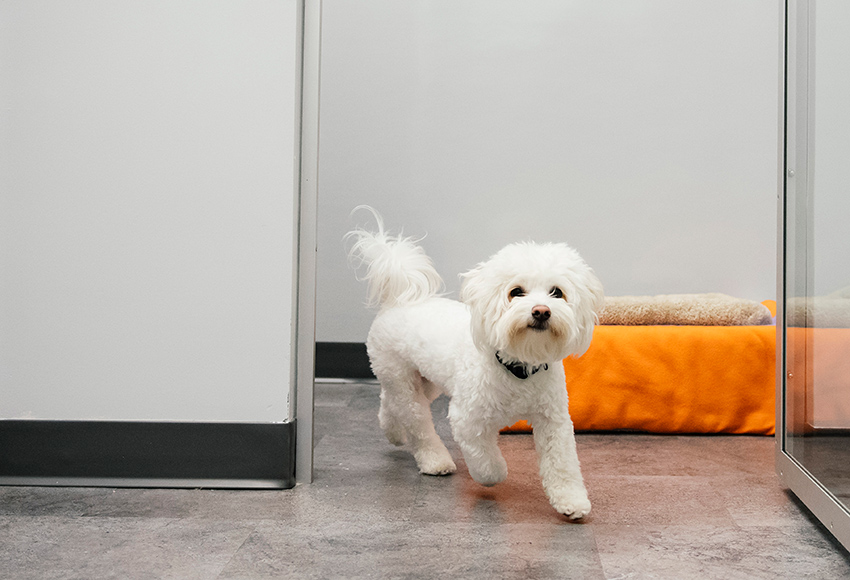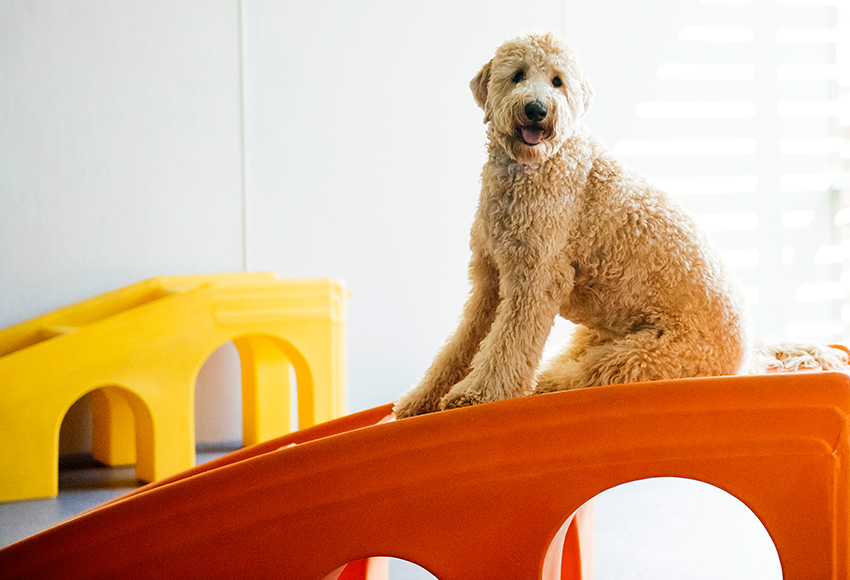Dogs Love To Gamble
August 2, 2022

Dogs can’t resist the chance for a treat.
Even if they only get what they want 1 out of 100 times, they’ll keep trying, much like a human playing a slot machine. Money goes in, you push the button, and you win! Excitedly you push the button again but this time you lose. So, what do you do? Try again, of course! Even though you’ll lose most of the time, you’ll keep playing for that random win. This comes from the power of Intermittent Reinforcement.
Simply put, intermittent reinforcement is the unpredictable and occasional reward(s) handed out in response to a repeated behavior with no probable pattern. It is one of the strongest reinforcers of all behavior – even ours!
Understanding how this concept can work against us gives us another tool for managing our beloved pets’ behaviors.
How does this help us?
Let’s imagine your dog is barking for attention. At first, he is ignored but after 30 barks you go over and try to calm him. Fantastic, his barking worked! He got the attention he wanted and quiets down, so you walk away. He starts barking again but you are determined to ignore him. After 60 barks, you give up and try to shush him. Once again, happy with his attention, he quiets. Because he is being intermittently rewarded, his barking is going to dramatically increase as he knows he just needs to keep trying and he’ll eventually get what he wants (your attention).
As a side note, extinction bursts are what we call those behaviors that keep getting worse before they get better. If 2 barks worked the last time then maybe we need 4, 5, 10, or 20 to make it work this time, right? Your pup will definitely work hard to make an old behavior work before giving it up so be prepared, determination on your part has to outlast determination on their part.
Knowing this gives us the key to curbing unwanted behaviors: consistency.
Once you decide how you want your pup to act, you cannot give in even once. Everyone with whom your dog interacts needs to be consistent and handle the behaviors in the same way. This will ensure that the behavior you are trying to adjust does not accidentally get intensified by intermittent reinforcement.





